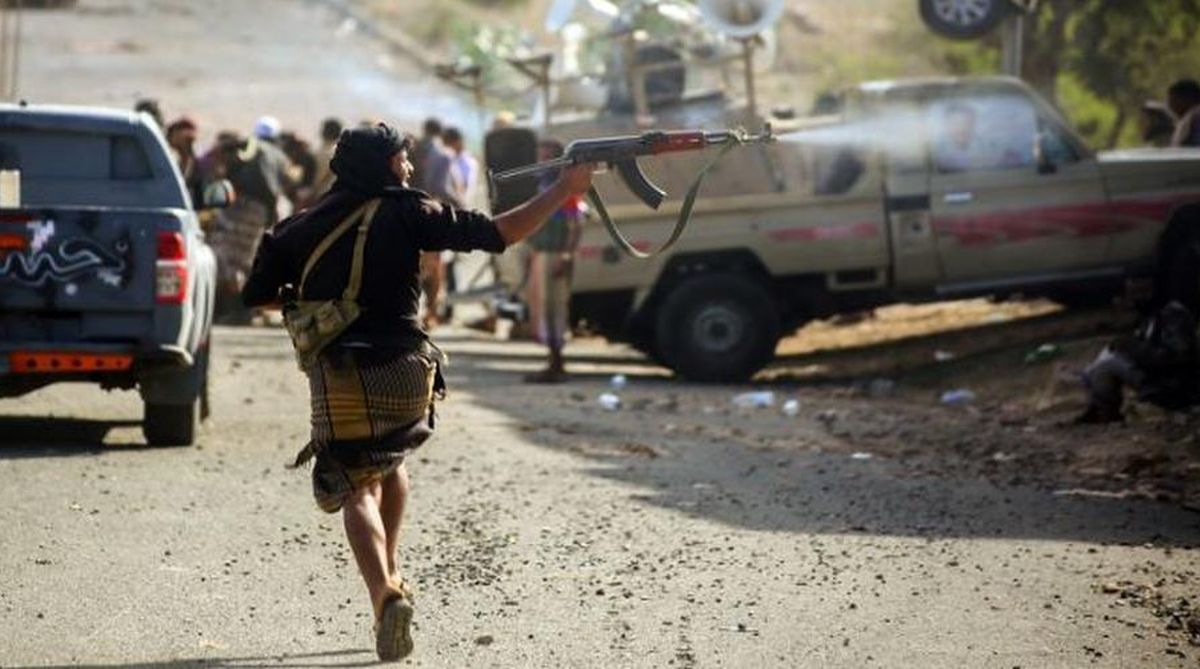In the midst of a conflict that has raged for the past four years, the festering crisis in Yemen is inching towards a potential breakthrough, if last week’s talks in Sweden are any indication. The warring parties have agreed to an immediate ceasefire in the Red Sea port of Hodeidah.
This is significant forward movement not the least because of the blockade of Hodiedah over the past few months. True, there is no agreement on cessation of ground hostilities. Yet in contrast to the recurrent dithering in Libya and Syria, there is now almost a collective sigh of relief as the United Nations has been remarkably decisive while playing the honest broker.
The agreement envisages the deployment of UN-supervised neutral forces and the setting up of what they call “humanitarian corridors”. Troops from both sides will withdraw from the entire Hodeidah area within a maximum of 21 days in a process to be overseen by a UN-chaired committee.
To an extent, the UN has discharged the role that is expected of the entity in terms of the Charter. In parallel, a resounding message has been addressed to Saudi Arabia, which has been at the toot of the conflict since 2015, and now contends with intrigues within the palace.
Another round of positive progress can be expected in January when a political framework for Yemen will be discussed in the next round of meetings. Much will hinge on the implementation of this week’s cease-fire in Hodeidah. The deal does represent a breakthrough because the port is the gateway for the bulk of humanitarian aid coming into the country, and has been the scene of intense fighting.
Ceasefires have also been agreed at two other ports ~ Salif and Ras Issa. Agreements have also been reached on a mass prisoner swap and the easing of the siege of the south-western city of Taiz.
The UN Secretary-General, Antonio Guterres, has let it be known that the world body will play a key role when the troops withdraw. “It is obvious the UN will play an important role in the port, probably a monitoring role and the management of that port,” he said. This would help “facilitate the humanitarian flow of goods and assistance to the civilian population and it will improve the living conditions for millions of Yemenis”.
Clearly, the economic implications of the peace talks in Sweden are profound. The maritime aspect of the war has been taken care of; it is fervently to be hoped that the negotiators will now strive for cessation of hostilities on the ground. Backsliding on either side could wreck the peace process that has been initiated. It is now vital that the parties act in good faith and take urgent steps to implement the agreements.











